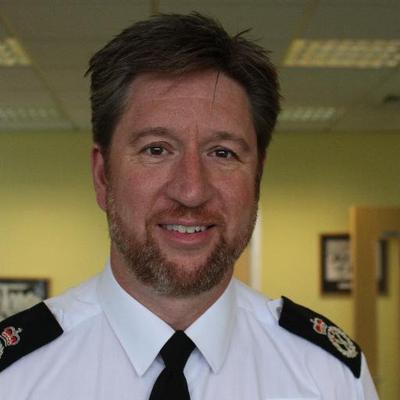Lost generation of children see porn as normal, warns countrys top protection officer
A senior police officer has called for stricter controls on online pornography to counter the twisting of childrens views of sex turning them into abusers.
A senior police officer has called for stricter controls on online pornography to counter the twisting of childrens views of sex turning them into abusers.
The prevalence of child sexual abuse in England has been vastly underestimated after a major new study suggested only one in eight victims come to the attention of authorities.
Around 50,000 cases of sexual abuse were recorded by police and local authorities in the two years to March 2014, the Office of the Children`s Commissioner said.
But the true number of children abused in that time is thought to be as many as 450,000, meaning around 85 per cent of sexually abused youngsters are not receiving vital intervention to keep them safe and overcome their experiences.
The majority of victims remain unidentified because services to protect them, including police and social services, rely on children to speak out, the report found.
It called for children as young as five to be given lessons at school to teach them about relationships and encourage them to discuss any concerns.
Investigations of child sexual abuse are set to rise six-fold by the end of the decade with the police having to accept they dont know the true scale of online grooming.
Child sexual abuse is thought to cost the UK economy £3 billion a year, the NSPCC said. Previous research has estimated that 1.3 million children of the countrys 11.5 million under-18s in England will have been a victim of “contact” child sexual abuse by the time they are 18.
Upcoming research is expected to reveal tens of thousands of chat room offenders while this report by the Childrens Commissioner for England and NSPCC was always going to make for difficult headlines, according to Norfolk Constabulary Chief Constable Simon Bailey, national lead for child protection and abuse investigation.
He said youngsters are being lured into abusing siblings and other children after watching hardcore pornography online.
I have a real concern that use of technology such as smartphones is creating a generation of children who are seeing things that children historically have never been privy to seeing, he said.
What they are seeing in pornography is suggesting this is normal behaviour, and it absolutely is not.
That is leading to wholly inappropriate behaviour and some awful, awful consequences.
I fear peer-on-peer abuse is being driven by a normalisation of what they are viewing online.
I have cases where 12 or 13-year-old boys are abusing four or five-year-old girls because of what they have seen online and think its normal behaviour.
He added: How could it be that we cant gamble online unless we demonstrate you are 18, but anyone can access hardcore pornography regardless of age?
The new study revealed abuse in the home by parents, siblings, other relations or trusted family friends is a far greater problem than abuse by strangers, accounting for two-thirds of all cases.
Anne Longfield, the Childrens Commissioner for England, said: We must now wake up to and urgently address the most common form of child sexual abuse that which takes place within families or their trusted circles.
A system which waits for children to tell someone cannot be effective. Professionals working with children must be better equipped to identify and act on signs and symptoms of abuse.
The commissioner recommended a new emphasis on helping young children understand what types of relationships are healthy and safe in a bid to combat the abuse committed by family members.
The inquiry, carried out using data from every police force in England, focused on abuse in the family environment, which it said accounts for two-thirds of all child sexual abuse.
Abuse was most likely to occur at the age of nine, but victims often did not speak out for years, until they were adolescents.
Many did not recognise that they had been abused until they were older, and children did not speak out because of guilt and blaming themselves, fearing the person who abused them or the conse


